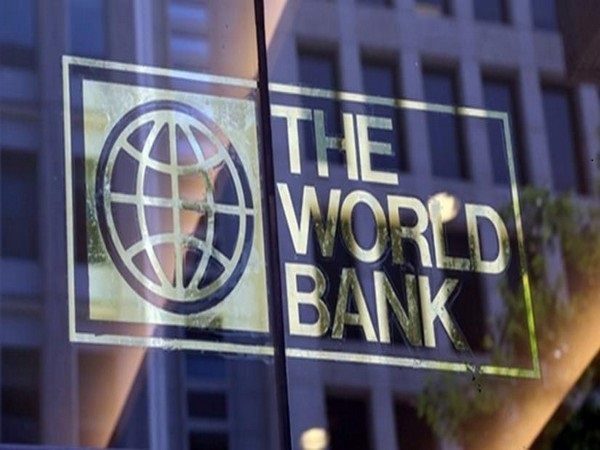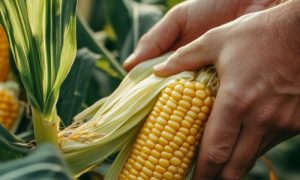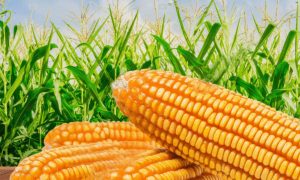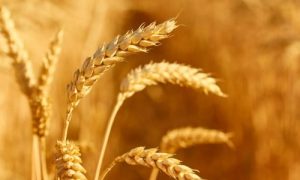World Bank approves project worth $325 million to boost agriculture in Uttar Pradesh

The $325.10 million Uttar Pradesh Agriculture Growth and Rural Enterprise Ecosystem Strengthening (UP-AGREES) Project, backed by the World Bank, aims to boost agricultural productivity, adopt digital and climate-resilient practices, and improve market linkages in Uttar Pradesh. Targeting small-scale farmers, particularly in Eastern UP and Bundelkhand, the project includes environmentally sustainable farming methods, financial tools like eKCC, and an Integrated Agri-Export Hub. Private investment worth $15 million is expected to enhance agribusiness competitiveness.
Through increased agricultural productivity, the adoption of digital and climate-resilient practices, and improved market connections, the Uttar Pradesh Agriculture Growth and Rural Enterprise Ecosystem Strengthening (UP-AGREES) Project, a $325.10 million initiative, has received approval from the World Bank. As a way to encourage these initiatives, the project also seeks to garner $15 million in private investment.
Uttar Pradesh, which stands first in wheat production, second in rice production, and third in agricultural exports, has become an important player in Indian agriculture over the last ten years. Nevertheless these advancements, low productivity, constrained access to cutting-edge technology, and sufficient post-harvest infrastructure remained issues for small-scale farmers. The UP-AGREES Project aims to address these barriers, benefiting one million producers, particularly in the Eastern UP and Bundelkhand regions.
Strengthening agricultural value chains, boosting opportunities for value addition, and enabling better access to inexpensive credit through leading-edge financial instruments like the eKisan Credit Card (eKCC) are important project components. In order to lessen agriculture’s environmental impact, the project will also encourage environmentally friendly farming techniques like employing low-methane rice types, turning rice waste into biogas, and using fertilizer with as much effectiveness as necessary.
The World Bank’s Country Director for India, Auguste Tano Kouame, highlighted the project’s emphasis on climate adaptation. “This project will increase productivity while lessening the climatic effect of agriculture. He announced the founding of a specialized instruction facility to teach farmers and government representatives climate-resilient approaches.”
Additionally, the project would fortify the agricultural digital and financial ecosystem, encouraging private sector involvement to provide market-driven solutions. Producers, agribusinesses, and government agencies will be connected by the creation of geographic clusters for important commodities and fisheries. To strengthen ties to international markets, the project will also assist in the setting up of an Integrated Agri-Export Hub close to Jewar Airport in Greater Noida.
Through the use of cutting-edge technologies, better infrastructure, and enhanced local and international market ties, special attention will be paid to empowering women farmers and business owners. Task team leaders Andrew Goodland, Harsh Jhanjaria, and Vinayak Ghatate emphasized the project’s potential to boost wages, create jobs, and increase productivity.
The Gates Foundation, Israel, France, and other parties will provide funding. The International Bank for Reconstruction and Development (IBRD) granted the $325.10 million loan, which has a 33.5-year maturity with a six-year grace period
To read more about Agricultutre/Farmers related News continue reading Agriinsite.com
Source : Agro Spectrum

















